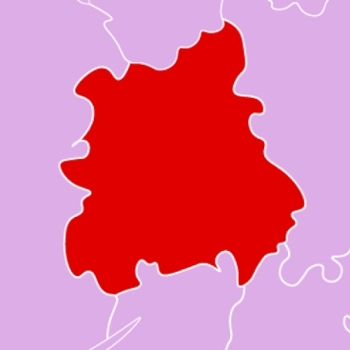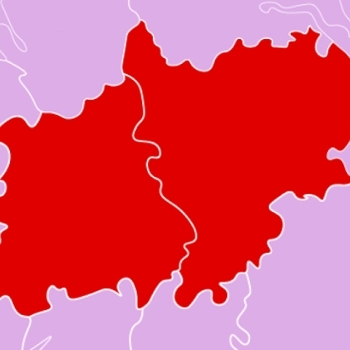EMMS Lecture: Improving Carbon Capture: Insights from Nanostructured to Hybrid-Integrated Membranes
Add to calOnline
by Prof Richard J. Spontak, FRSC, FIMMM, FPMSE North Carolina State University While various carbon-capture efforts are being developed around the world to help mitigate the adverse effects of global climate change, advances in membrane technologies that combine improved CO2 separation efficacy with low cost, facile fabrication, upscaling and implementation, and mechanical robustness are still needed. Initial studies identified the utility of polyether-containing membranes generated from chemically-crosslinked homopolymers to physically-crosslinked block polymers. The transport properties of these materials are promising, but are restricted by the upper bound. For this reason, we considered charged polymers that self-assemble and produce hydrophilic nanochannels. While their CO2 selectivity does not change substantially, the CO2 permeability of such amphiphilic polymers can be physically enhanced. With promising structure-property relationships in hand, we nanoengineered unique multifunctional polymer systems. In this spirit, we have successfully introduced an integrated membrane strategy wherein a high-permeability thin film is functionalized with a highly CO2-philic patch-like surface layer. In this nanofabrication scheme, a low-diffusivity, high-solubility mechanism relies on enrichment of CO2 in the surface layer hydrated by the water vapor present in all targeted gas streams, followed by fast CO2 transport through a highly-permeable support substrate. Integrated multilayer membranes prepared in this fashion are not diffusion-limited and retain high CO2 permeability while their CO2 selectivity is increased by over ~150x, far exceeding the upper bound that reflects the trade-off between gas permeability & selectivity. This new design paradigm shows tremendous promise that nanofabricated membranes can exhibit the necessary functionality to achieve significantly improved carbon capture. Richard J. Spontak, a Distinguished Professor at NC State University, received his PhD from UC Berkeley and pursued post-doctoral research at Cambridge University before joining P&G in 1990 and NC State in 1992. He has published over 300 peer-reviewed journal papers and 40 book chapters and invited works, and delivered over 400 invited presentations worldwide. He has received numerous research awards including the NC State Holladay Medal for Excellence, the ACS-PMSE Tess Award, the SPSJ International Award, the IChemE Underwood Medal and Global Award, the ACS-RUBB Chemistry of Thermoplastic Elastomers Award, the SPE International Award, and the IOM3 Colwyn Medal and Medal for Excellence. A fellow of IOM3, ACS-PMSE, APS and RSC, he is a member of the Norwegian Academy of Technological Sciences and holds an honorary doctorate from NTNU. TUESDAY 18 Feb 2025 @ 6.45 pm for a 7:00 start. Virtual meeting, online only. Non-members are welcome. To access meeting register via Eventbrite: www.eventbrite.co.uk/e/emms-technical-talk-insights-on-improving-carbon-capture-tickets-1215354551179?aff=oddtdtcreator




